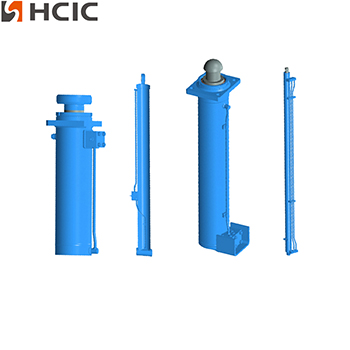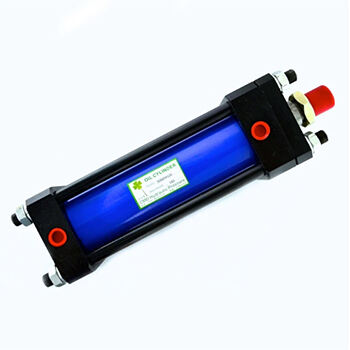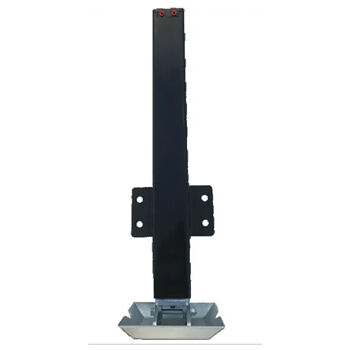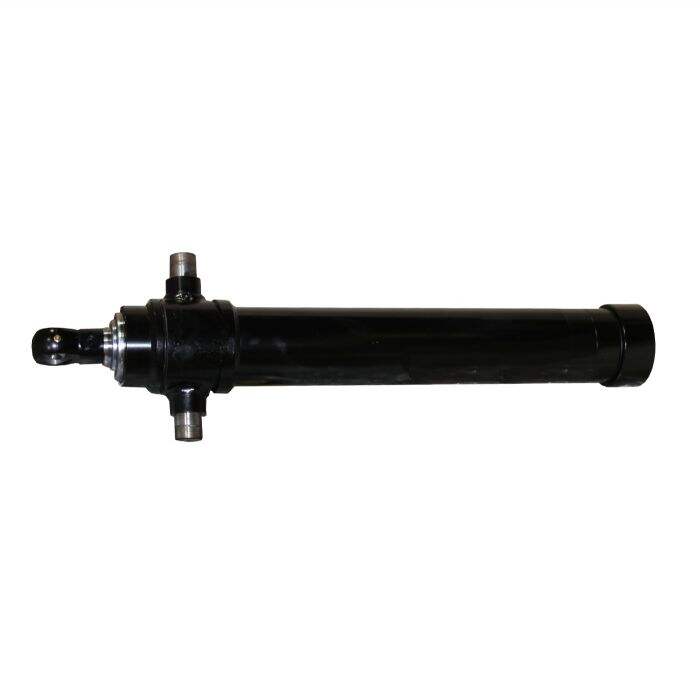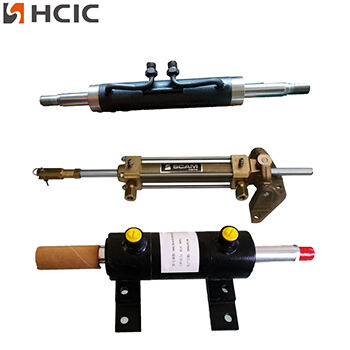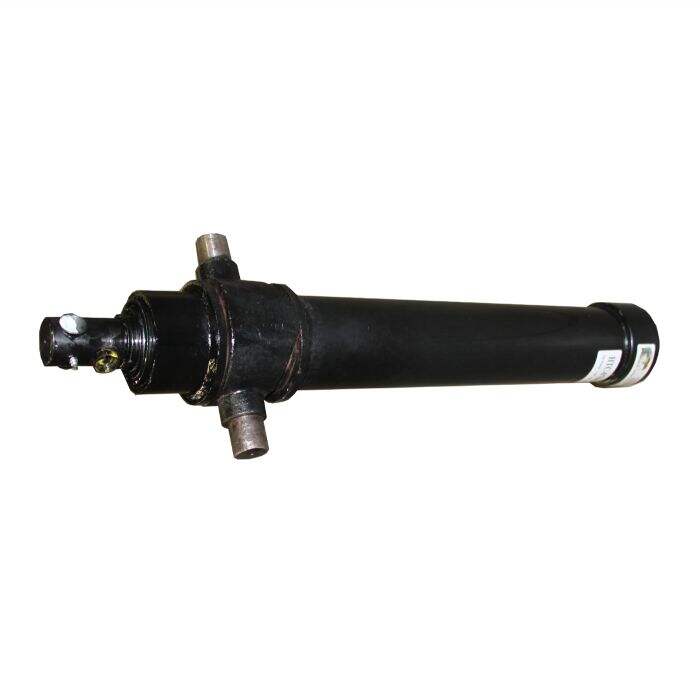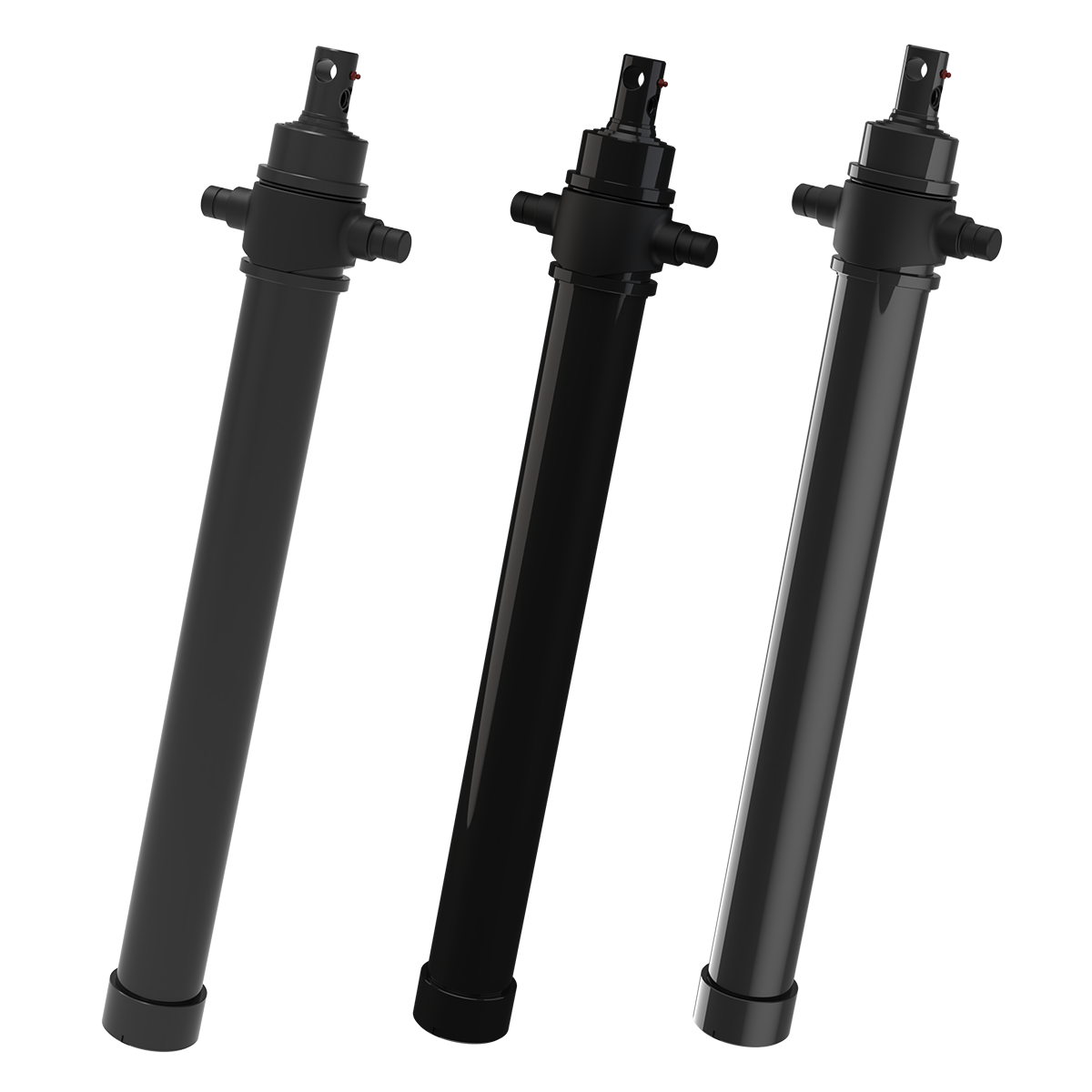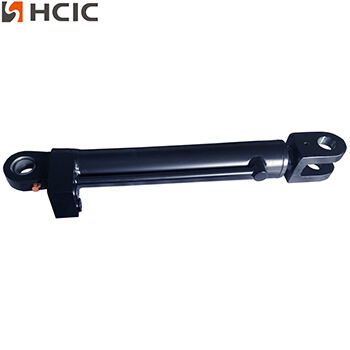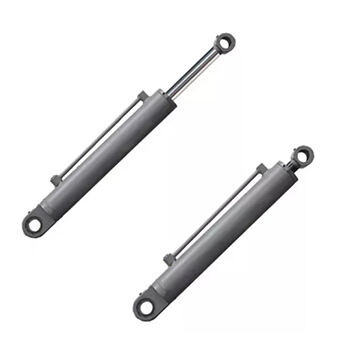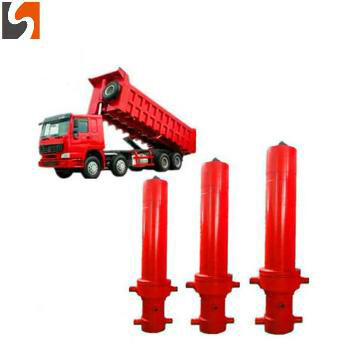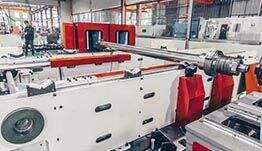Ensuring Reliability and Longevity for Marine Hydraulic Systems
Sep 13, 2024
Hydraulic systems are of paramount significance in numerous maritime operations, where they serve as the driving force behind crucial mechanisms such as steering gear, winches, and deck equipment. Upholding the optimal condition of these systems is pivotal to ensuring safety standards, operational efficiency, and enhancing their longevity. Hence, it becomes imperative to delve into the most efficacious methodologies for maintaining hydraulic systems aboard vessels.
Hydraulic systems play a vital role in marine operations, providing power for key equipment such as steering gear, winches and deck machinery. Maintaining these systems in good condition is of great significance to ensuring safety, improving operational efficiency and extending equipment life. The following is an overview of some best practices for maintaining hydraulic systems on board:
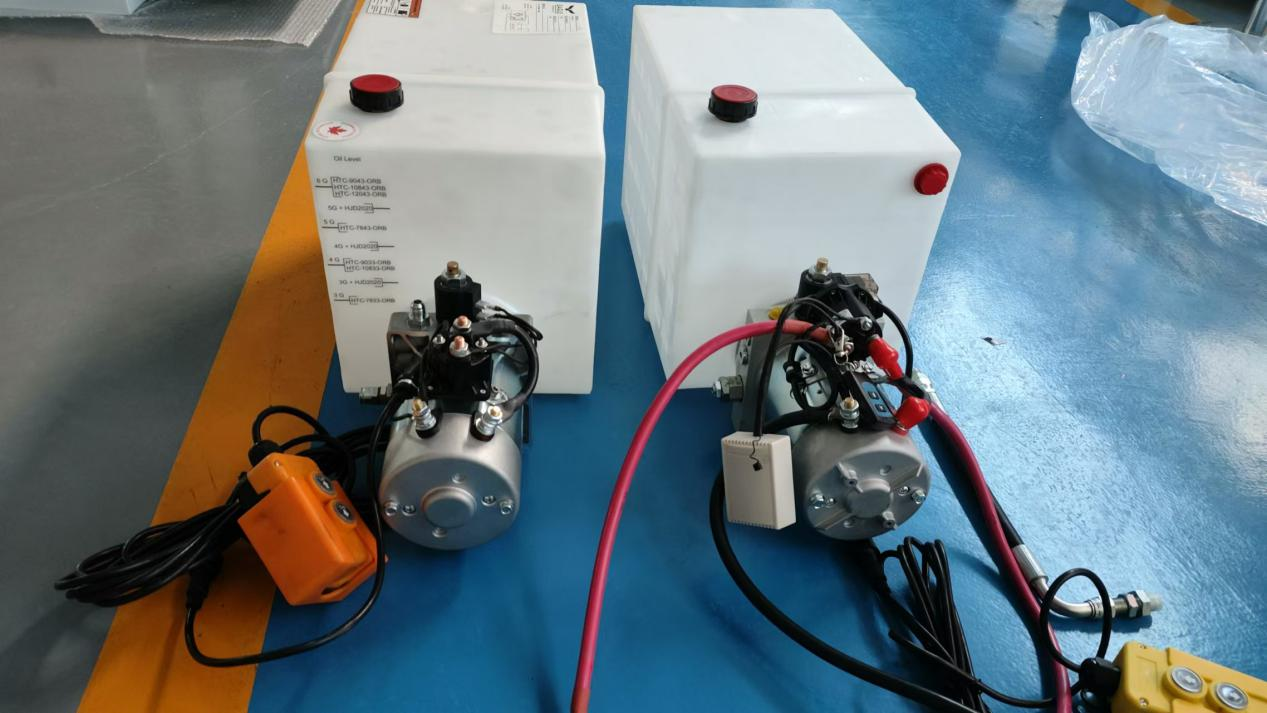
1.Regular inspection and maintenance: Develop and follow a strict inspection plan, regularly check the oil level, oil quality and filter status to ensure that the system is clean and free of contamination. Hydraulic oil and filter replacement should be carried out according to the manufacturer's recommended cycle.
2.Prevent contamination: Hydraulic oil contamination is a common cause of system failure. Ensure cleanliness during all maintenance operations, use special cleaning tools and dust covers to prevent foreign matter from entering the system.
3.Temperature management: Monitor the operating temperature of the hydraulic oil. Too high or too low oil temperature will affect system performance and oil life. If necessary, take cooling or heating measures to maintain the appropriate temperature range.
4.Pressure regulation: Correctly set and regularly check the system pressure to avoid leakage or damage caused by over pressure operation. Use a pressure gauge to regularly verify the system pressure setting. 5. Vibration and noise monitoring: Abnormal vibration or noise is often a precursor to system failure. Regularly check the tightness of the connectors to promptly identify and resolve potential problems.
5.Professional training: Ensure that operators and maintenance personnel receive appropriate hydraulic system training and understand the system principles, safe operating procedures and basic maintenance skills.
6. Emergency preparedness: Develop an emergency plan for hydraulic system failures, including spare pumps, quick connectors and necessary maintenance tools to quickly respond to emergencies.
Understanding Marine Hydraulic Systems
Marine hydraulic systems have several main parts. These include pumps, valves, cylinders, hoses, and reservoirs. Each part has an important job in how the system works. Knowing these parts helps you spot problems early.
Common uses of hydraulic systems on boats and ships include:
- Steering systems
- Winches and cranes
- Stabilisers
- Bow thrusters
- Ramps and lifts
-
It’s important to understand what marine hydraulic systems need. These systems often work in tough conditions, with saltwater, very hot or cold temperatures, and constant movement. This makes regular maintenance even more important for marine systems compared to those on land.
By implementing the above maintenance strategies, the reliability and durability of the hydraulic system can be significantly improved, providing solid support for ship operations.
HCIC is a professional hydraulic manufacturer, mainly engaged in hydraulic system design, manufacture, installation, transformation, commissioning and hydraulic components brand sales and technical services science 1998.During these years we develop our engineer team and quality control team,make sure providing safe and reliable products. We hope that our product can help to save your cost and improve your quality. For More details please email us "[email protected]" or Google search "HCIC hydraulic"

 EN
EN
 AR
AR
 BG
BG
 HR
HR
 CS
CS
 DA
DA
 NL
NL
 FI
FI
 FR
FR
 DE
DE
 EL
EL
 HI
HI
 IT
IT
 JA
JA
 KO
KO
 NO
NO
 PL
PL
 PT
PT
 RO
RO
 RU
RU
 ES
ES
 SV
SV
 CA
CA
 TL
TL
 IW
IW
 ID
ID
 LV
LV
 LT
LT
 SR
SR
 SK
SK
 UK
UK
 VI
VI
 HU
HU
 TH
TH
 TR
TR
 FA
FA
 MS
MS
 GA
GA
 CY
CY
 KA
KA

